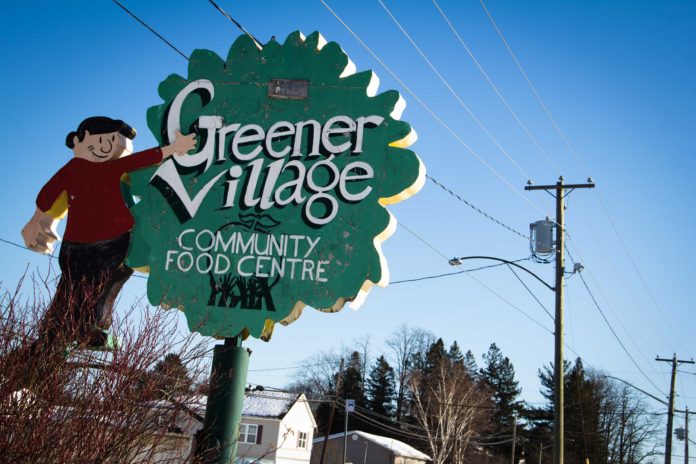The Government of New Brunswick committed $2 million last month to Food Depot Alimentaire, a non-profit organization based in Moncton, to help purchase healthy food for distribution to food banks and soup kitchens across the province.
Adam Bowie, a communications officer with New Brunswick’s department of health, wrote in an email to The Aquinian the reason why the government is giving this funding is due to ever-increasing inflation rates.
Related: No ‘magic answer’ to cope with rising inflation: economists
“Given the rising prices of housing, food and fuel, the demand [for food banks] is expected to continue in 2023,” he wrote.
Food Depot Alimentaire supplies food to around 60 food banks across New Brunswick.
“Food Depot Alimentaire reported the number of visits to food banks and soup kitchens across the province increased by more than 30 per cent from 2021 to 2022,” wrote Bowie, noting the organization currently manages between 25,000 and 30,000 visits per month.
Around $1 million has already been distributed to Food Depot Alimentaire and a second half is to be paid out in March.
Alex Boyd, the executive director of Greener Village, a member organization of Food Depot Alimentaire, said he appreciated the support shown by the provincial government.
He said Greener Village saw a 42 per cent increase in 2022 in the number of people served by the food bank compared to 2021. It meant the non-profit had to spend almost twice as much.
The organization has issued calls for more volunteers and donations.
Related: Greener Village seeks volunteers, donations as inflation soars
“The demand for food is going up by a longshot, but the cost of getting that food is also going up at the same time,” Boyd said.
“We’re out there constantly purchasing food to make sure that our hampers are always at a high level for delivery. We have to be very active in our fundraising.”
With the new funding, Boyd said it will be easier for Greener Village to do its best, but he believes there is much work to be done and hopes the government can support his organization and others in various ways.
“We’ve been advocating for a long time for farm tax credits and trying to encourage local food production,” he said.
“Part of food insecurity is the lack of food knowledge. The government has a critical role in helping people to understand food education [and] supporting our farmers.”
Boyd said he wants people to know buying local is more than just a catchphrase.
“We’re shipping food from around the world when we could produce products of similar nutritional value right here at home,” he said.

